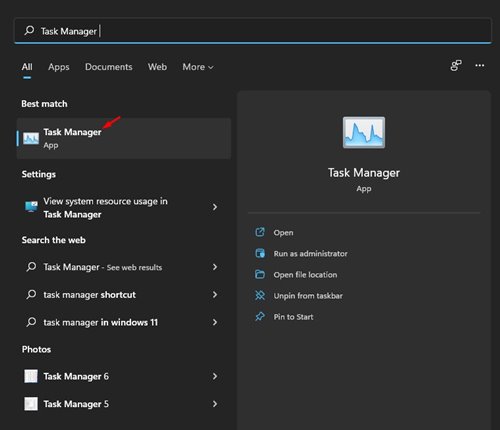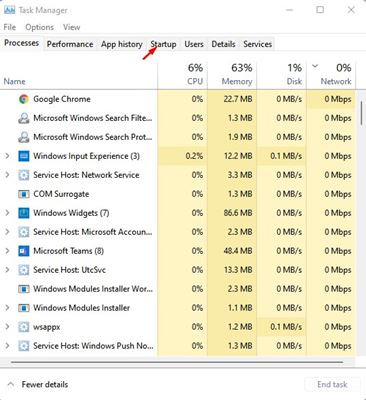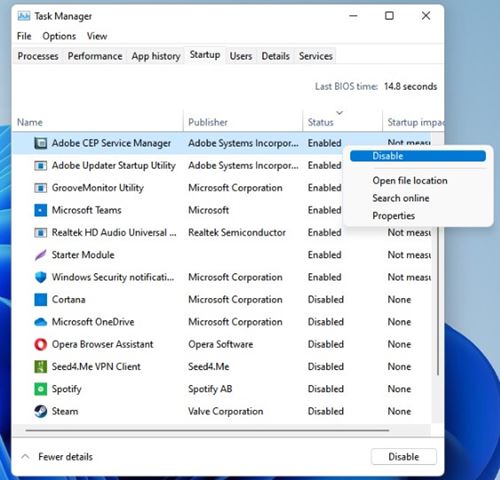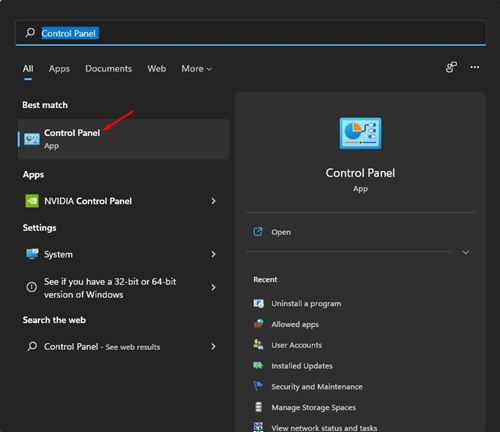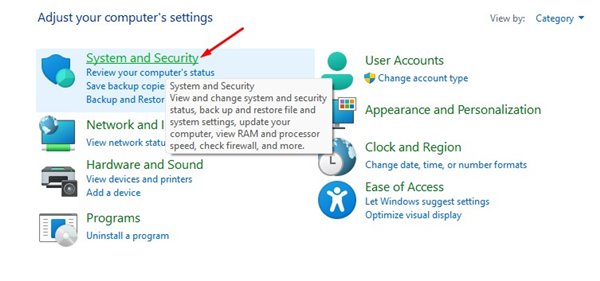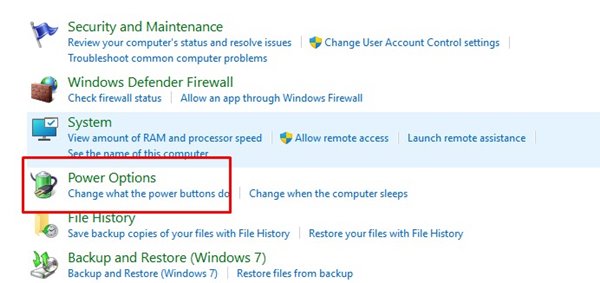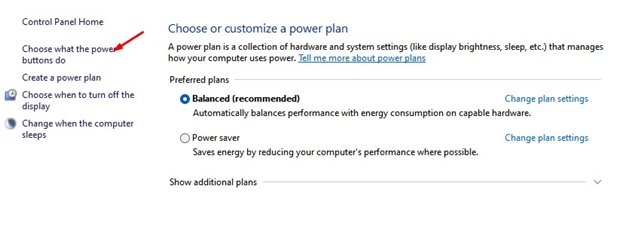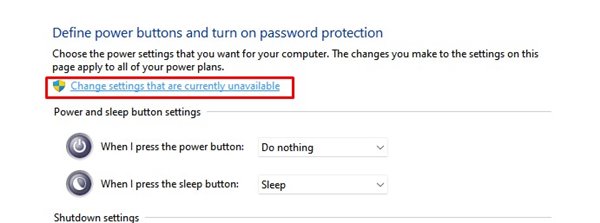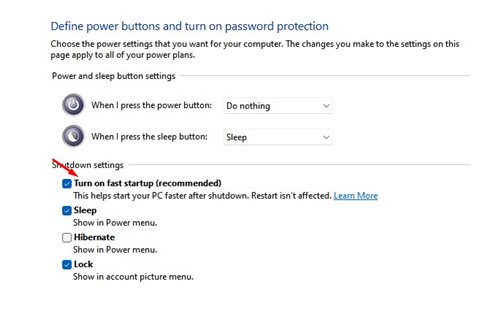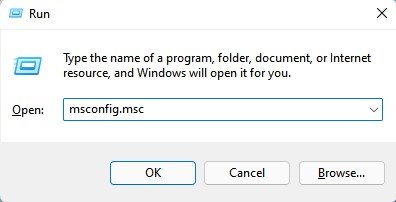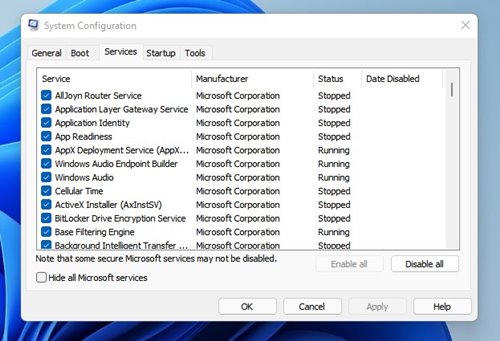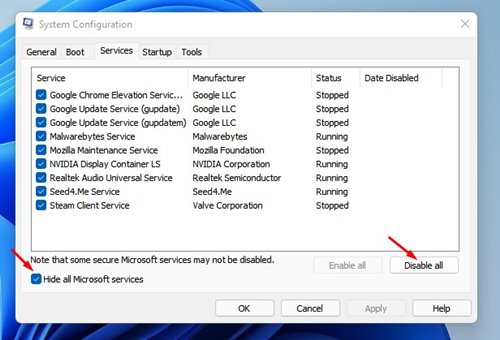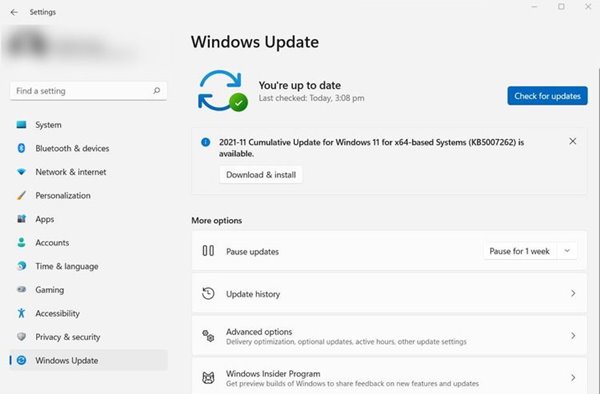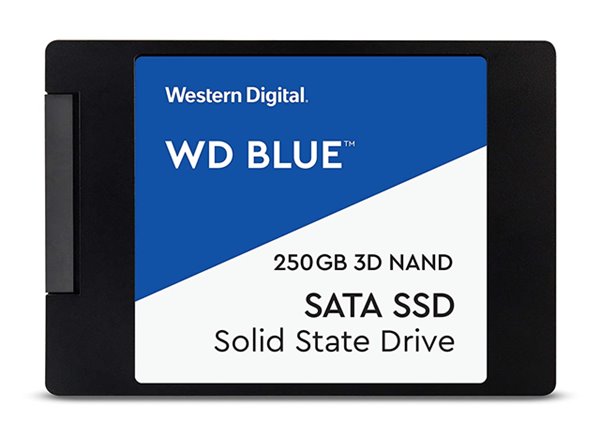
The new operating system from Microsoft – Windows 11 brings in many changes and features. According to Microsoft, Windows 11 has a more efficient memory and hardware resource management, making the operating system faster than its predecessor.
In comparison to Windows 10, Windows 11 is a bit slower. You can disable the visual features to match up with the speed of Windows 10, but still, you will face a slow startup issue.
We understand, a slow startup is frustrating, but you can make a few changes to speed up the entire startup process. Like Windows 10, Windows 11 also allows you to make a few changes to the Startup setting to improve the startup time.
So, in this article, we will share the few best methods to fix a slow startup on Windows 11.
Reasons for Slow Startup on Windows 11
Well, some common reasons lead to slow startup issues. Here we have listed a few of them.
- Insufficient storage on the system
- Problems with system files and Windows installation
- Outdated operating system
- Lots of third-party apps launching on Startup
- Hard Disk Problems
Also read: How to Find Your Windows 11 Product Key
6 Methods to Fix Windows 11 Slow Startup
Below, we have listed some of the best methods to fix a slow startup on Windows 11. Let’s check out. Make sure to follow each method one-by-one.
1. Disable Startup Apps
Well, Startup apps were the first and foremost reason behind slow Startup. If you have set many apps to run on the Startup, the Startup will be slow. This is because many apps try to start simultaneously during the Startup.
So, it’s best to disable the Startup apps that you don’t use. To disable Startup apps on Windows 11, you need to follow the steps below.
1. First of all, open Windows search and type in Task Manager. Open Task Manager from the list.
2. On the Task Manager, switch to the Startup tab.
3. Now review each item that’s set to run at Startup. You need to the right click on the apps and select ‘Disable‘
That’s it! You are done. This will disable the Startup apps on Windows 11.
2. Enable Fast Startup Mode
Well, Fast Startup is an option that helps start your PC faster after shutdown. You can enable the Fast Startup to improve the startup time of your Windows 11.
1. First, open the Windows 11 search and type in Control Panel. Open the Control Panel from the list.
2. On the Control Panel, click on the System and Security option.
3. On the next page, click on the Power Options.
4. On the next page, click on the Choose what the power buttons do.
5. On the next screen, click on the Change settings that are currently unavailable.
6. Under the Shutdown settings, enable the Turn on fast Startup. Next, click on the Save changes button.
That’s it! You are done. After making the changes, make sure to restart your PC.
3. Perform a Clean Boot
Clean boot is a feature that forces Windows to start only essential programs. When you turn on the Clean boot, Windows disables all third-party services. This feature won’t enhance the Startup speed, but it will help you figure out whether a third-party program is affecting the Startup speed or not.
1. Forst of all, press Windows Key + R button to open the RUN dialog box. On the Run dialog box, enter msconfig.msc and hit Enter.
2. On the System Configuration, switch to the Services tab.
3. Now select the Hide all Microsoft services box and click on the Disable all button.
4. Now open Task Manager and switch to the Startup tab.
5. On the Startup tab, select the apps and click on the Disable. Once done, click on the Ok button and restart your computer.
If you notice an improvement in the Startup time, you need to check the third-party application that you have disabled.
4. Update Windows to the Latest Version
Well, Windows 11 is still under testing, so the bugs and glitches can’t be ruled out. Still, Microsoft is trying hard to fix existing issues on the operating system.
Most of the new updates made available for Windows 11 consist of performance improvements and fixes for bugs. So, it’s best to update Windows 11 to the latest version.
To update Windows 11, press the Windows + I button. This will open the Settings; here, you need to navigate to the Windows Update > Check for updates > Download and install.
After installing the updates, restart your computer. If the delayed Startup is happening due to an outdated operating system, it will be fixed.
5. Optimize Your Hard Disk
Well, if you have installed Windows 11 on a Hard disk drive, you need to check whether it has errors or not. Windows 11 includes a built-in utility to check disk errors.
We have shared a detailed guide on finding and fixing hard disk errors on Windows. We have used Windows 10 to demonstrate the process, but it works even on Windows 11.
6. Switch to SSD
Well, most of the modern Windows 11 laptops arriving these days ship with NVMe SSD boot drive. SSDs were significantly faster than HDD. You will notice a massive speed increase when you switch to SSD.
Although SSDs were expensive than HDD, they will decrease your boot time to a few seconds. You don’t need to optimize your disk or storage if you have SSD. Also, the app loading and data transfer speed will be faster.
It can be frustrating to wait through a slow startup, but you can utilize all these techniques to speed up your PC. I hope this article helped you! Please share it with your friends also. If you have any doubts related to this, let us know in the comment box below.
The post How to Fix Windows 11 Slow Startup (6 Methods) appeared first on TechViral.

